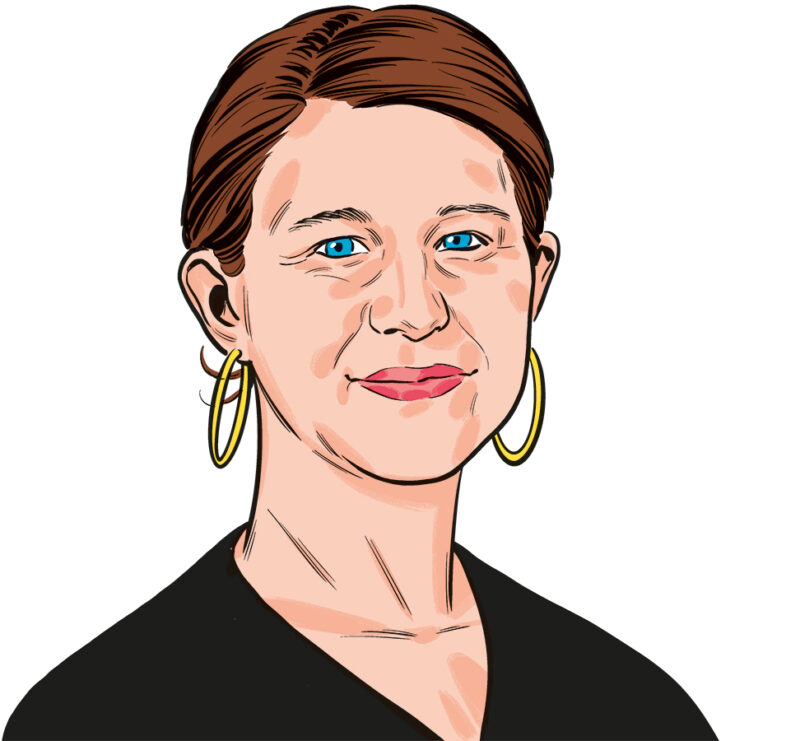To read Eula Biss’s work is to watch a writer doing the hard work of disassembling American mythologies in light of the facts. Her essays are shot through with an unflinching examination of our own self-narrated identities, as they relate to marriage, family, racism, vaccination, class, capitalism, debt, and property. In The Balloonists (Hanging Loose Press, 2002), she explores the dissolution of a marriage. In Notes from No Man’s Land: American Essays (Graywolf Press, 2009), which won the National Book Critics Circle Award, she plumbs the fictions of whiteness. In On Immunity: An Inoculation (Graywolf Press, 2014), she investigates the anxieties and metaphors around vaccination. In Having and Being Had (Riverhead Books, 2020), she writes through the dumbing effect of capitalism’s distortions to examine how we value labor, art, and one another. She is currently at work on her next book, about private property.
In all her work, Biss scrutinizes the nature of our connection in American life. In one of her early essays, “Time and Distance Overcome,” she looks at how telephone poles, instruments of communication, became gallows in public lynchings across the country in the early twentieth century. Vaccines—our greatest collective defense against viral disease—become a symbol of violation and trespass. Money, our shared concrete metaphor of value, becomes a tool of exclusion. Each subject Biss examines exposes the contested ground on which we make and remake our American identities.
You have reached your article limit
Sign up for a digital subscription and continue reading all new issues, plus our entire archives, for just $1.50/month.
Already a subscriber? Sign in





